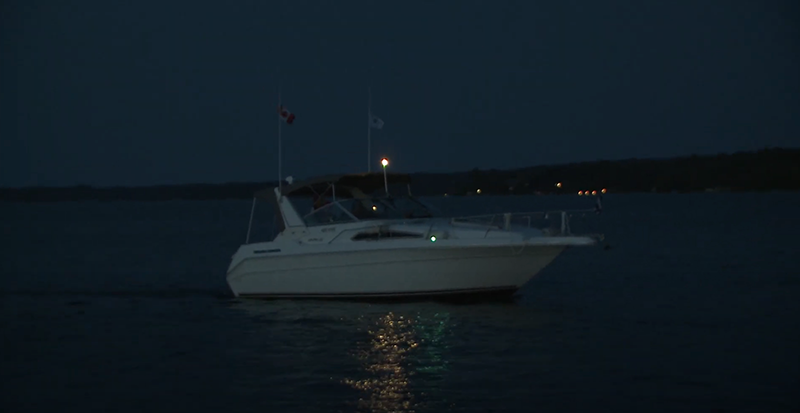Night Boating
Night Boating
Can you pick out the other boat approaching? It can be difficult when there’s a backscatter of lights on shore.
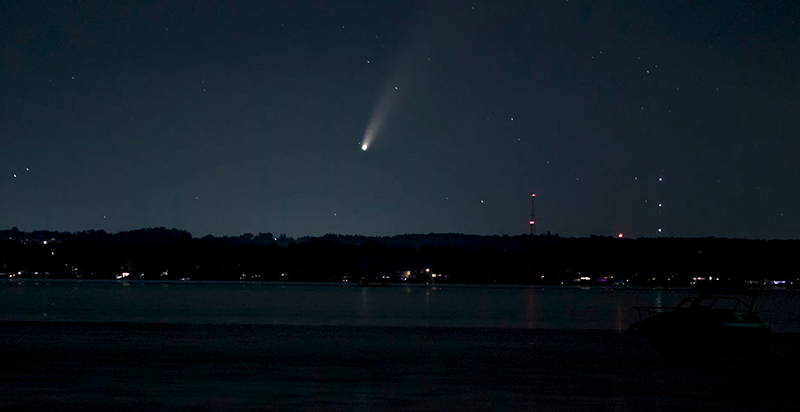
Backscatter is caused by lights on the shoreline and their reflections on the water which can make it difficult to pick out an approaching vessel, navigation aid or other potential lighted hazard.
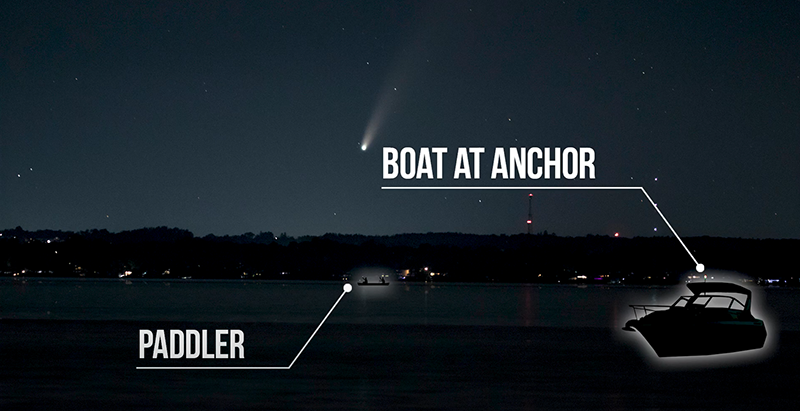
Even non congested shorelines lined with houses or cottages can hide vessels especially paddle craft or vessels at anchor which are only required to display an all-around white light.
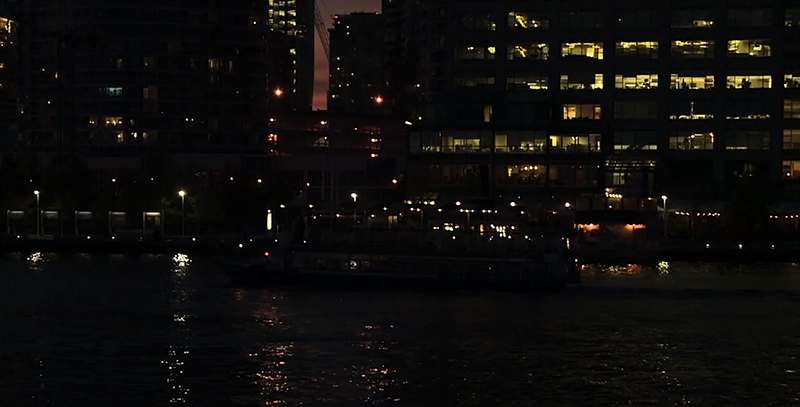
When boating at night you need to see and be seen and preparation is the key.
First, check your navigation lights to ensure they’re working.
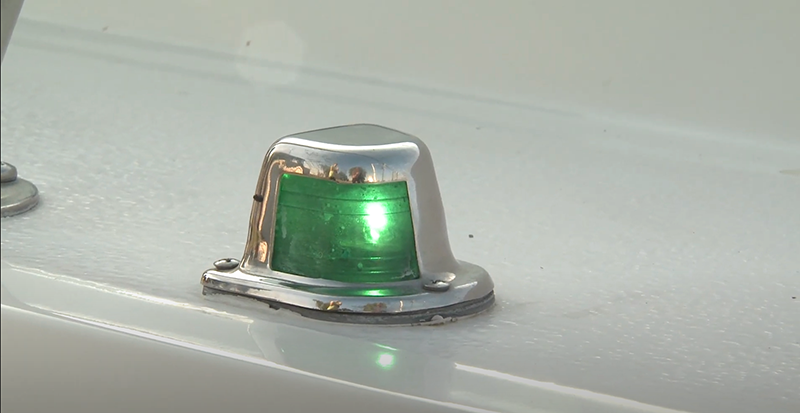
Familiarize yourself with the location of navigational aids and landmarks… everything looks different at night.
GPS Chartplotters are ideal for night boating to show the position of your boat relative to other hazards.
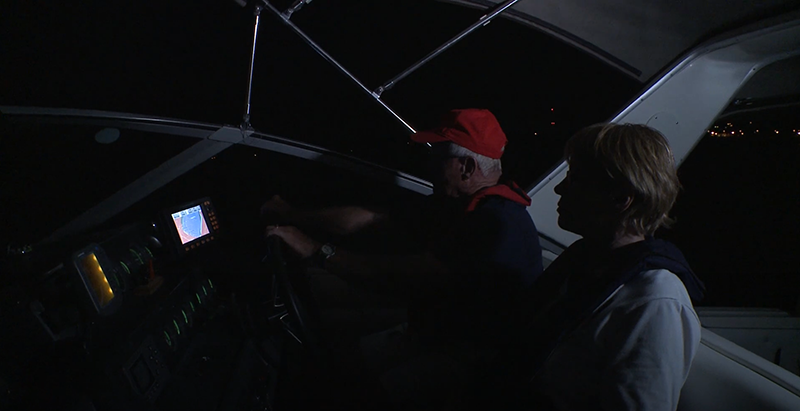
However, a GPS will not let you know where the other vessels are, which means you need to be aware and understand navigation lights and their configurations, to know what other boats are doing on the water.
If someone else is on-board, have them help by scanning the horizon for hazards and checking behind and to the sides for approaching or overtaking vessels.
When travelling, slow down. It’s more difficult to see hazards and judge distances at night.
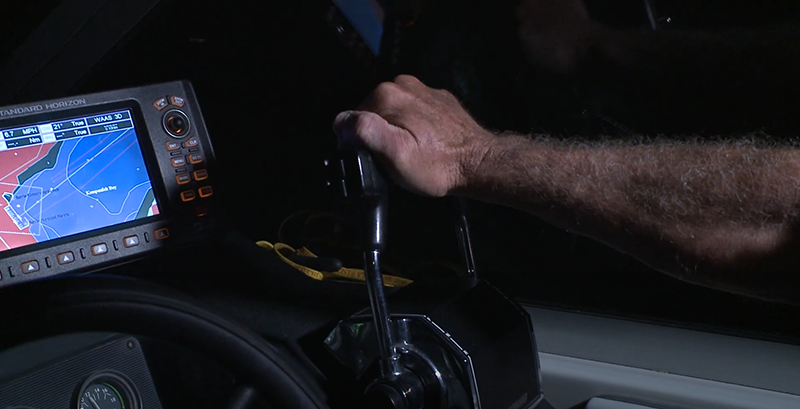
To help preserve your night vision, minimize interior lighting such as courtesy lights, cabin lights, instrument panels and Chartplotter backlighting to ensure you’re not blinded by illumination from your own boat.
It takes some time for your vision to adjust to the dark and it can take up to 20 minutes to re-acquire your night vision after a flash of light.
If you are operating a paddlecraft at night, at minimum you will require a flashlight or lantern that you can use to signal your presence to any approaching vessel.
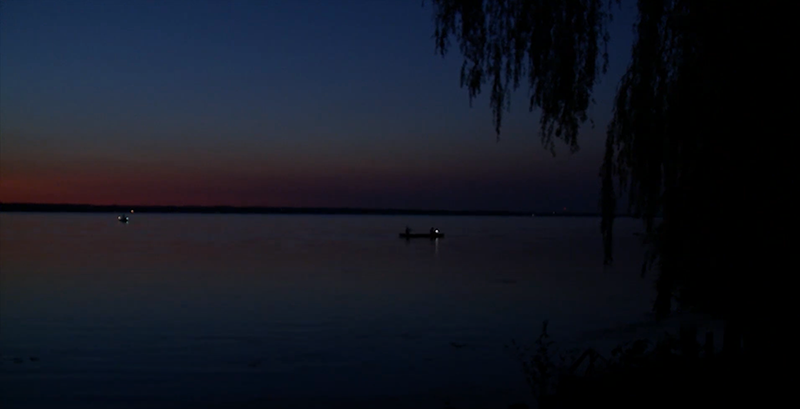
A better solution if you have a passenger on board is to have a light that they can hold when the need arises. Make sure they hold it high enough off the water so that it’s visible from 360 degrees.
However, the ideal solution is something that can stay lit while you paddle.
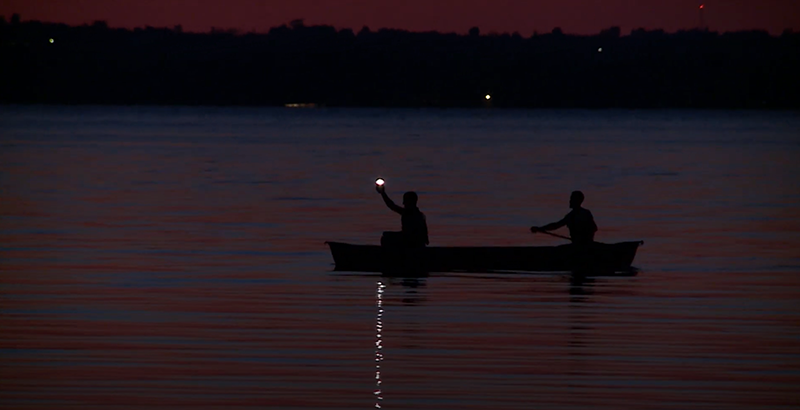
There are navigation lights specifically designed for kayaks that are strapped or suction cupped onto the deck of a kayak.
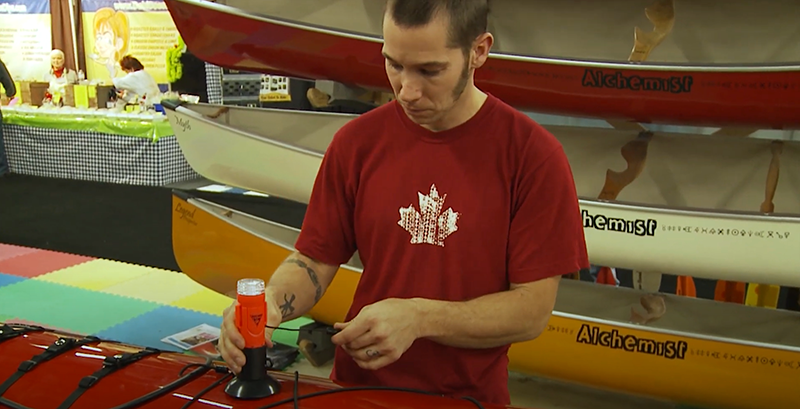
Whether your vessel is power, paddle or sail, you are the one responsible to see and be seen. If you keep in mind these simple tips, you’ll not only be able to enjoy all that night boating has to offer, but also avoid meeting someone by accident.
